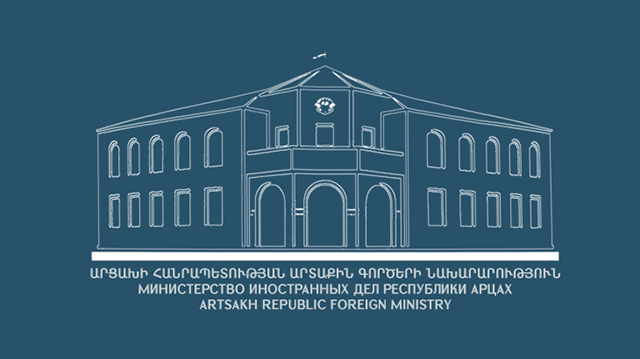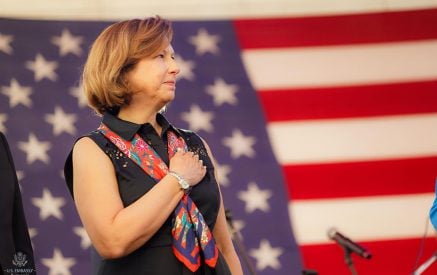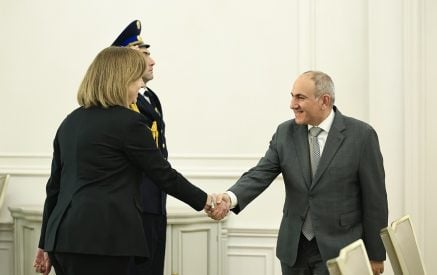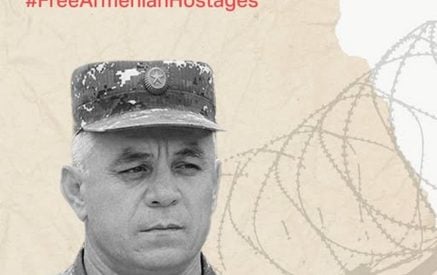Duly acknowledging the important long-term mediating role that the United States has played and continues to play, as an OSCE Minsk Group Co-Chair, in the peace process to resolve the Azerbaijan-Karabakh conflict, we nevertheless believe that the approaches of a mediator should not prejudge the outcome of negotiations. We are convinced that the resolution of such a complex and protracted conflict as that between Azerbaijan and Nagorno-Karabakh can be successful if all parties and mediators show flexibility, creativity, constructiveness with full awareness of their responsibility and are guided both by the norms of international law and universal values, such as justice, dignity and freedom. We believe that continued adherence to these principles, as well as drawing on the accumulated mediation experience of the OSCE Minsk Group Co-Chairmanship, will contribute to achieving a just and comprehensive settlement of the conflict and establishing lasting and dignified peace in the region.
Against the backdrop of the continued policy of land grabbing and ethnic cleansing carried out by Azerbaijan against the people of Artsakh with a clear genocidal intent, the ongoing inhuman blockade, repeated acts of violence and aggression, increasing hate speech and militant rhetoric, such statements are reminiscent of the policy of appeasing the aggressor. As history shows, appeasing the aggressor is perceived by the latter as an encouragement to their destructive policies, which only lead to further violence and human suffering.
We reiterate that the search for a fair, balanced and dignified settlement of the Azerbaijan-Karabakh conflict should not be limited by artificial boundaries, but should be based on the norms and principles of international law, including the principle of equal rights and self-determination of peoples, enshrined in the UN Charter. There are examples in recent history and international practice of resolving such complex and protracted conflicts based on respect for the will of the people.



























































